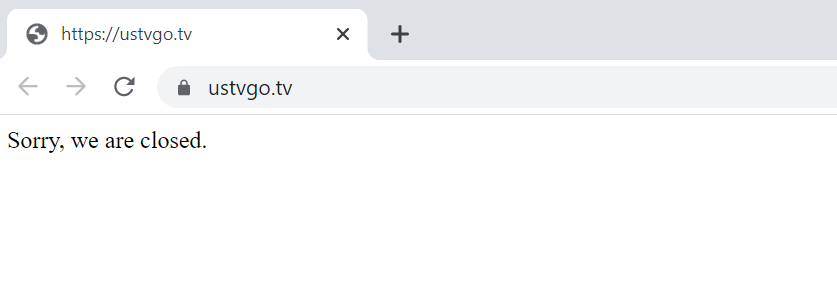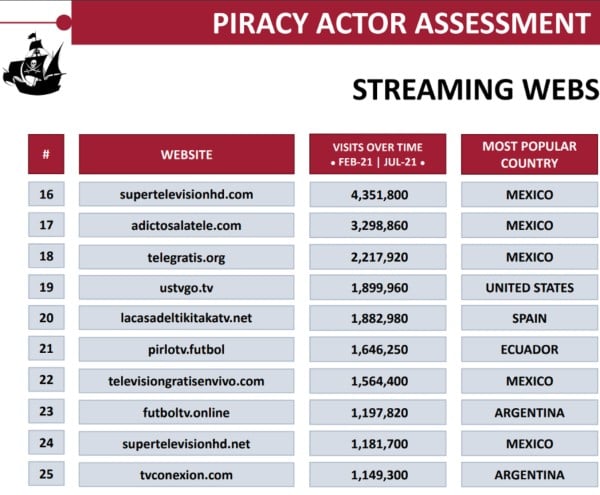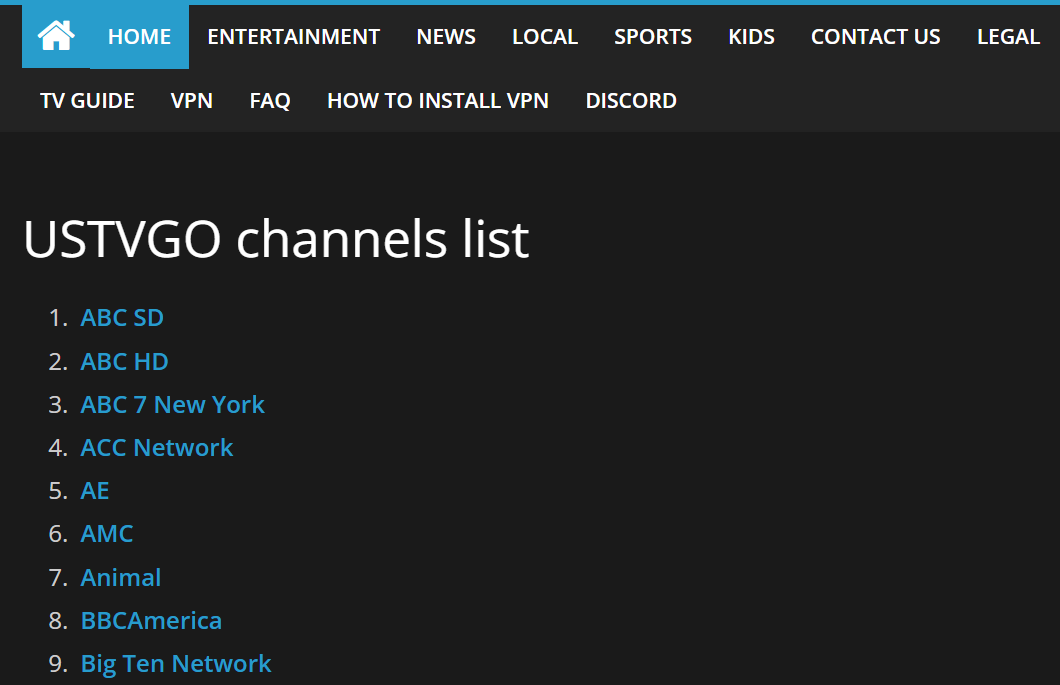 As outlined again
only this month
, people who simply watch pirate streams break UK law. If the content comes from an illegal source, it’s illegal to consume it under copyright law. That is a fact – there is no debate.
As outlined again
only this month
, people who simply watch pirate streams break UK law. If the content comes from an illegal source, it’s illegal to consume it under copyright law. That is a fact – there is no debate.
The problem for rightsholders is that copyright cases are complex, difficult to prove, and won’t end in a prison sentence under civil law. A stronger,
criminal
angle might prove more persuasive.
The Federation Against Copyright Theft, which acts for the Premier League, SKY, and BT Sport, came up with a solution –
Section 11 of the Fraud Act 2006
, which criminalizes the act of obtaining any kind of service dishonestly.
With a potential crime now part of the equation, the logical conclusion for Joe Public is that people risk being arrested in their own homes for watching an unlicensed stream. Of course, people also need to be persuaded that an underfunded police force doesn’t have bigger fish to fry.
Press Hysteria
Early January, FACT sent out a press release titled “Police visit homes across the UK to issue warnings to subscribers of illegal sports streaming services.” The image below shows the first two paragraphs;
We’ll return to the first paragraph shortly, but as anyone can see, there are two distinct statements. One says that FACT and police will be visiting homes. The second says that 1,000 people were identified after a raid on a streaming service. Nowhere does it say that FACT and police will be visiting the homes of 1,000 people.
Dozens of articles just like these perpetuated the idea of a massive crackdown but the truth is more mundane. Some people will indeed get a personal visit, but the rest will be contacted by email, as confirmed by FACT when TorrentFreak questioned the volume.
Prison “For Watching Unauthorized Streams”
Let’s get this absolutely clear. While it is illegal under both civil and criminal law, nobody has ever gone to prison for simply watching an unauthorized stream in the UK. That doesn’t mean it won’t eventually happen, but the snippet (below) from FACT’s press release shouldn’t have been reported in isolation.
Important and relevant information about these men was made available by FACT at the same time but given no weight in popular media. That led to widespread misinformation that could’ve been avoided.
The prospect of ordinary people going to prison for simply viewing an unlicensed stream is an extraordinary claim and it’s a journalist’s job to investigate extraordinary claims. If it’s true that simply viewing unlicensed streams will put UK internet users in prison for months, millions of families face the prospect of seeing loved ones behind bars.
That’s the bigger story that needed to be investigated, and it would’ve been ridiculously easy too. Simply scrolling to the bottom of the FACT press release reveals that both jailed men were operators of illegal streaming services and both pleaded guilty to multiple copyright and fraud offenses.
The prosecution
in Millington’s trial alone
estimated damages running to
well over £10 million
. Instead, the ‘news’ that two men were arrested and sent to jail for 16 months for
simply watching streams
went all around the world, almost completely unchallenged.
As the snippets above show, news outlets in Brazil, Russia, Poland, China, Greece, Italy, Thailand, Spain, Indonesia and beyond, not only repeated the statement without any context, but helped to make it an established and uncontested ‘fact’ around the world.
Now here’s what actually happened, to set the record straight.
No Ordinary Pirate Stream Watcher
The details in Millington’s case reveal that the opportunity for a “watching streams” conviction came gift-wrapped and tied up in gold ribbon.
The most serious charges against him related to his Kodi-based ‘stephen-builds’ software packages, which included the ‘Supremacy’ and ‘Supremacy Sports’ addons that provided his users with free access to illegal streams.
For context, Supremacy was one of the most-used pirate addons on the entire planet and, according to the lawyer who prosecuted Millington, was responsible for causing more than £10 million in damages to rightsholders.
Millington pleaded guilty to charges under
Section 7
of the Fraud Act (making or supplying articles for use in fraud) and under the Copyright Act for distributing movies and other content via a Plex server.
He also pleaded guilty to
watching illegal streams
under
Section 11 of the Fraud Act
(obtaining a service dishonestly) but the background shows this was no ordinary case.
For several months after his home was raided, Millington’s defense was that the software and equipment he had accumulated existed for his own personal use. He was a keen gamer but also admitted that he used the equipment for viewing pirate streams via software he developed.
Millington later changed his plea to guilty but there was a pivotal moment: To advertise his Kodi-related products online, Millington recorded a video of himself as he used his own pirate software to access illegal streams.
That video was found on his phone during the investigation. The prosecution then took the opportunity to add a charge of viewing illegal streams to a case where the defendant ultimately had no choice but to plead guilty, due to a mountain of evidence. It’s still a conviction for watching unlicensed streams but in this case, context is everything.
The source of this information is vitally important too.
UK’s Leading Prosecutor of Streaming Pirates
Ari Alibhai is the lawyer of choice when it comes to the private prosecution of pirates in the UK and his
track record speaks for itself
. Among many others, he’s conducted multiple successful pirate IPTV prosecutions on behalf of FACT, Premier League, BT Sport and SKY.
It’s important to note that Mr Alibhai did not take part in the public announcements earlier this month, no reference was made to his work, and he has never claimed that Millington and Faulkner were sent to prison for simply viewing unlicensed streams. And he should know – he prosecuted both of them.
Webinar Published on the Millington Case
Late November 2021, Mr Alibhai conducted a webinar. The video of that presentation was posted more than a year ago on his
company’s public website
, together with other information on Millington’s case.
Given the importance of the victory, the promotional value of the video is obvious and, as such, it’s still available today.
For those who don’t have time to watch the entire video, discussion on the possibility of prosecuting people who simply watch unlicensed streams appears around 40 minutes into the 48-minute recording. It begins with a question from a man assisting Mr Alibhai from behind the camera.
“You mentioned about the difficulty of prosecuting end-users,” he said. “Someone asked if there any reasonable risks of prosecution or penalty to the end-users, the ones watching the content?”
Mr Alibhai’s response, as reported below, represents just a tiny fraction of a very informative presentation. In light of the reporting on this month’s events, and especially given the authoritative nature of the source, his opinion holds considerable value. In order to provide the most clarity, the response is cited verbatim.
Ari Alibhai webinar on Millington/Supremacy prosecution
Ari Alibhai:
I’m assuming that question means, is there a risk to the user? So, is there a realistic risk to someone who’s watching TV that you will be prosecuted. Now, again, there’s an academic answer and then there’s a real answer.
In theory you can be prosecuted for watching unlawful television. You can be prosecuted under the Copyright Act under section 297 (I think, I haven’t used it for a long time), but you can also be prosecuted under section 11 of the Fraud Act (obtaining services dishonestly). In fact, in the explanatory notes [of section 11] mention is made of illegal television viewing boxes being part-and-parcel of section 11.
Section 11 carries a maximum penalty of five years in imprisonment so, you know, in theory you face imprisonment if you watch TV illegally.
In practice, the idea of someone being prosecuted who isn’t also concerned in the trade, so they aren’t also concerned in supplying illicit television services, is minimal.
This opinion from arguably the UK’s leading expert stands on its own two feet. Why overt public messaging sits in such stark contrast is puzzling to say the least.
That being said, Mr Alibhai wasn’t quite done.
Risk and Benefits of Viewer Prosecutions
In follow-up comments, Mr Alibhai questioned whether the idea of NOT prosecuting viewers would be the right approach but then laid out the risks associated with that type of strategy.
“I often feel that if you do you want to send a message out then maybe you’d have to take on pure prosecutions against end users. But clearly there is a reputation issue here, there’s a David and Goliath issue that’s going to come up for the broadcaster that takes that on. And there’s potential adverse press to consider,” he said during the webinar.
“So in the round, I would say that it’s unrealistic to expect that, if anyone is watching it, then you’ll get prosecuted.”
Scary Stories, Reputation, Animosity
Finally, on the matter of reputational issues, the Twitter thread linked
here
contains an article from UK tabloid The Mirror. It states quite clearly that 1,000 homes will be visited as part of a “major ongoing criminal investigation” and that two people “were sentenced to a total of 16 months for watching illegal streams in 2021.”
At the time of writing it has been viewed 6.3m+ times but the overwhelming majority of the comments on the tweet are negative. They either put the blame at the feet of the Premier League and/or the broadcasters, or criticize the police for taking this on when so many other ‘real crimes’ go unsolved.
The above may suggest that even when presented with the prospect of going to prison, the public response isn’t to hand over their cash. Instead they list their demands – better access to matches (including at 3pm on Saturdays) and – overwhelmingly – don’t expect normal working people to spend £100+ every month to see a limited number of matches.
Universal access to football at a fair price? It might just work. A commercial solution to what is essentially a commercial problem seems reasonable. The problem for the Premier League is the prospect of devaluing a premium product in the mere hope of gaining enough subscribers to maintain its financial position.
Given that pirate services won’t simply go away, the difficult bottom line seems almost inevitable. The risk of being prosecuted for simply watching pirate streams may be low today, but that will almost certainly change.
If those who currently stream illegally can afford it, perhaps they might consider supporting the sport they love. For those who don’t have the resources to buy what is essentially a luxury product, millions will sympathize. If the decision is to continue with illegal streams regardless, rightsholders most definitely will not.
From:
TF
, for the latest news on copyright battles, piracy and more.
chevron_right
 Late last year, popular anime site AmimixPlay
closed its doors
, citing technical and motivational issues.
Late last year, popular anime site AmimixPlay
closed its doors
, citing technical and motivational issues.





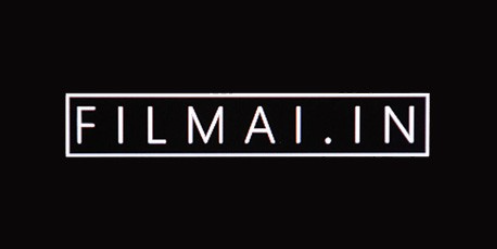

 Strike 3 Holdings is a familiar name in U.S. federal courts. Last year alone the adult entertainment company filed a
Strike 3 Holdings is a familiar name in U.S. federal courts. Last year alone the adult entertainment company filed a









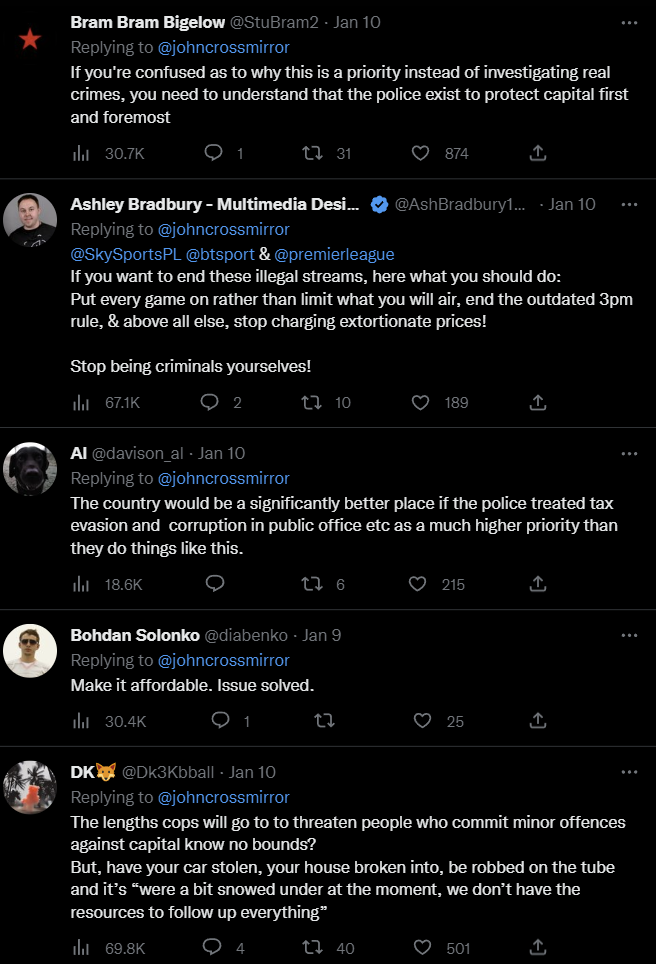
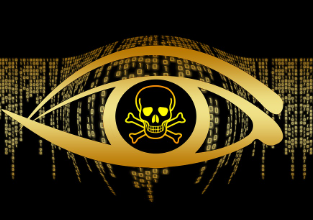
 Adult entertainment outfit Malibu Media has often been characterized as a copyright-trolling operation.
Adult entertainment outfit Malibu Media has often been characterized as a copyright-trolling operation.
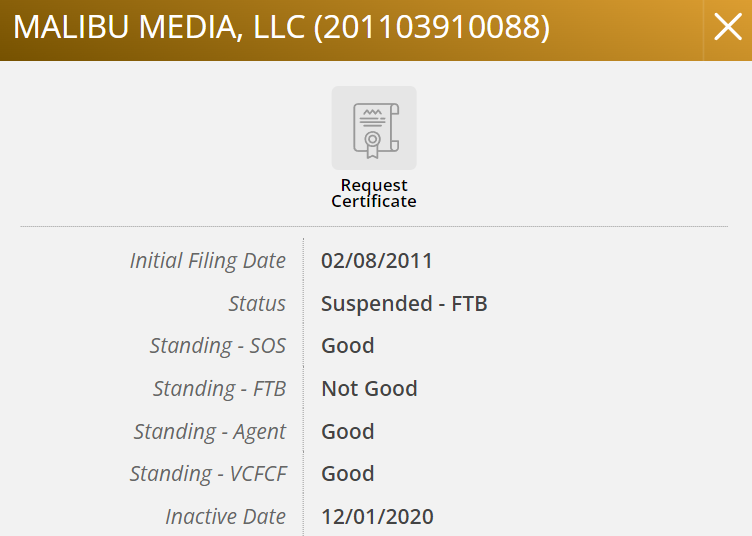

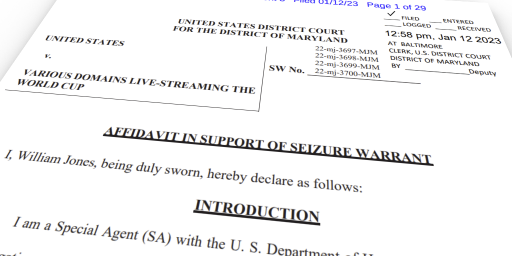
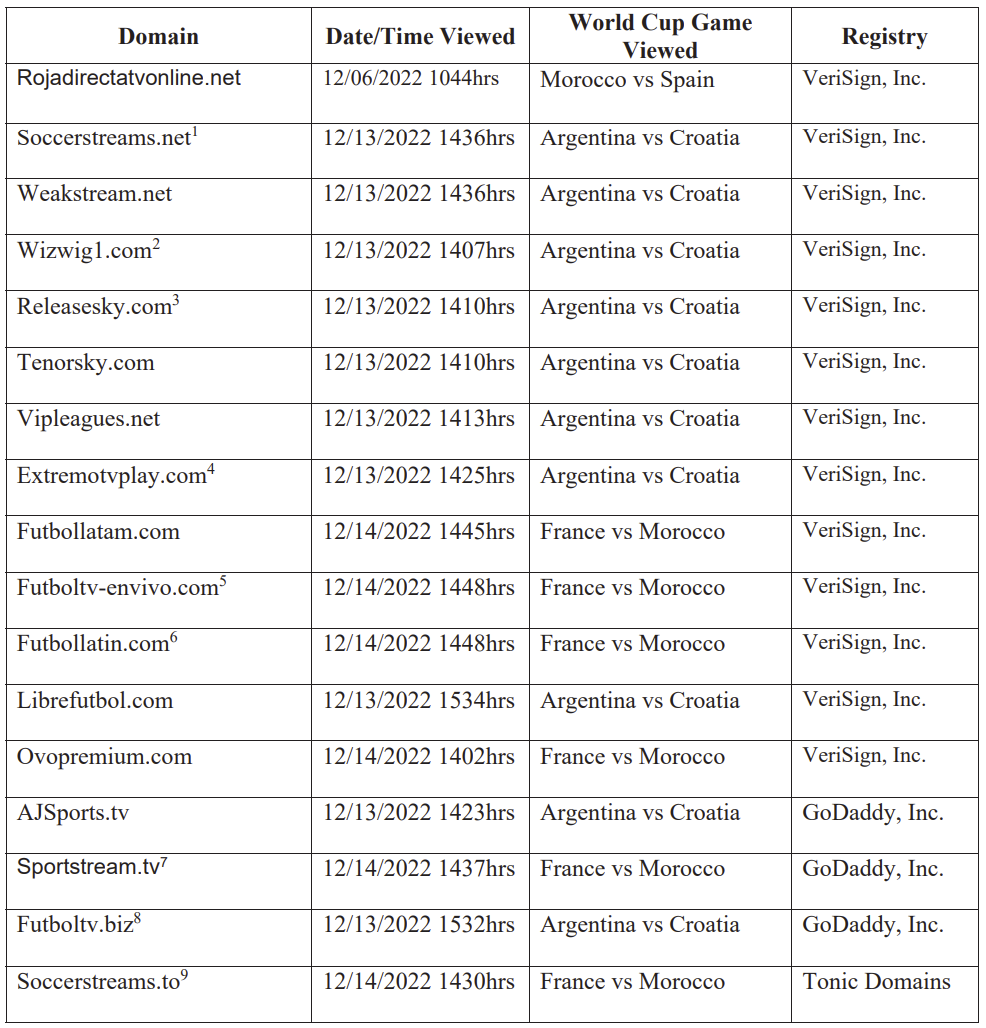
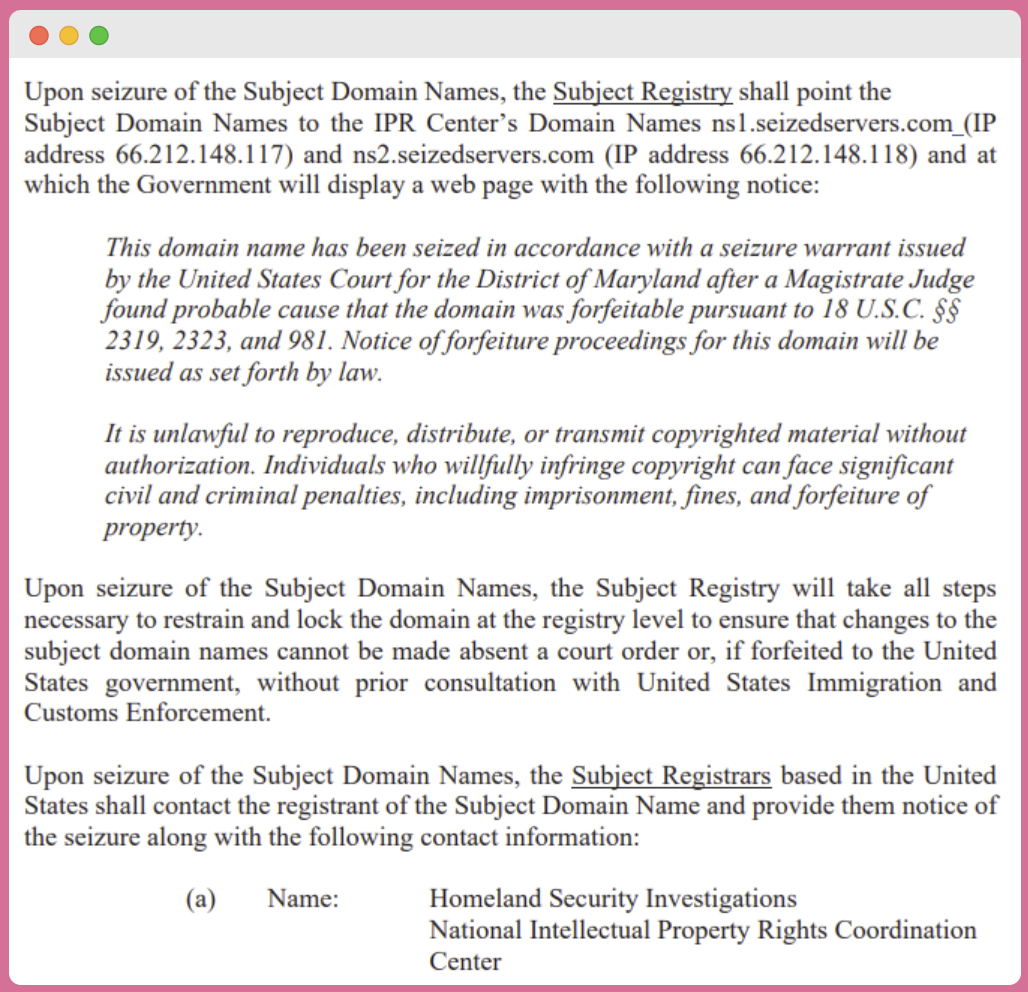
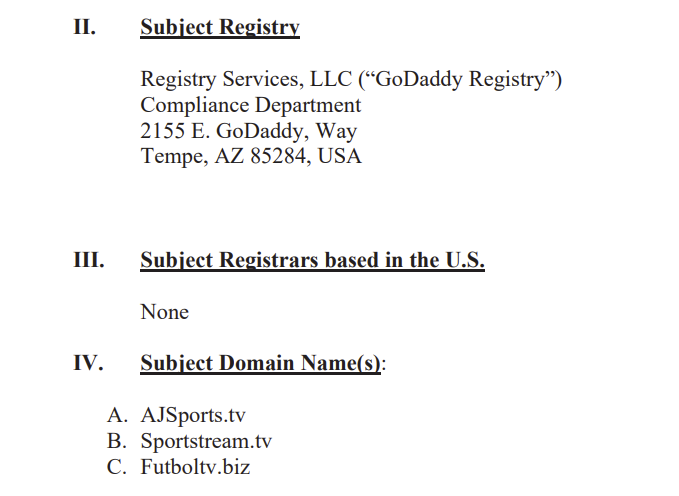

 With millions of monthly users,
With millions of monthly users,
